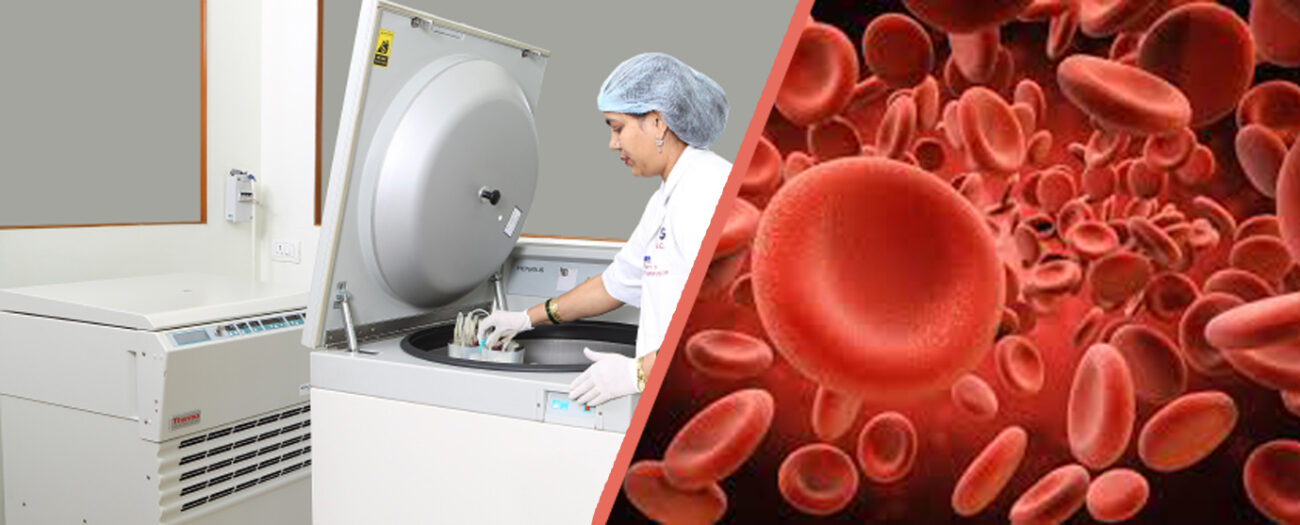Advancements in Hematological Technologies in India
Many complex and dynamic challenges are faced by the medical diagnostic industry and this leads to the evolution of clinical hematology and cell counting. The role of laboratories in disease diagnosis and management has also

Many complex and dynamic challenges are faced by the medical diagnostic industry and this leads to the evolution of clinical hematology and cell counting. The role of laboratories in disease diagnosis and management has also expanded in recent years and there is a huge demand in testing and there is more demand for the advanced and precise test to improve patient care.
The recent advancements and innovations in hematology have enabled us to meet the needs of an overworked and increasingly generalized workforce. The innovations have enabled the technology and instruments that are easier to operate and relieving overburdened laboratory staff members with improved clinic workflow.
Modern hematology analyzers are now well equipped with advanced techniques to collect information about cell characteristics to detect diseases. New technologies have also changed the hematology practice and now with blood cells information, this evolution has become the forefront of technological development in medicine. It allows to detect multiple white cell types, immature granulocytes & reticulocytes. It also offers a streamline diagnose of benign and malignant hematological disorders and better understanding and pathogenesis of many diseases with the application of immunofluorescence, automated cell counting, and flow cytometry techniques.
The hematology analyzers utilize various technologies and they recognize cell types in blood samples and count them individually to generate a complete blood count with differential results. Using the impedance technology the data generated is used to plot the cells in a histogram and the cells that belong to the same characters will be plotted in the same region and histogram will reflect a well-defined population, and will generate a complete blood count-based in each cell count and population.
Hematology tests also played a major role during the pandemic, as the patients affected with COVID-19 have described different changes in routine blood parameters, and were detected with various secondary bacterial and viral infections. Eosinophil count, MCHC, and prothrombin activity percentage tests were also conducted with RT-PCR tests to diagnose hematological disorders and health concerns of the affected individual.
Due to fast-moving product development, many manufacturers and large multinational companies launch new products to provide unique solutions to evolving customer needs.
Revolutionary advancements in computing, electronics and manufacturing, and innovation in the areas of biotechnology, nanotechnology, and mechanics, have led to a reduction in the size of analyzers making them compact and best for use in small space laboratories.
With the increasing demand for better healthcare and optimal diagnosis, advancements in hematology devices and technology are done in India to make the scenario of healthcare better.






